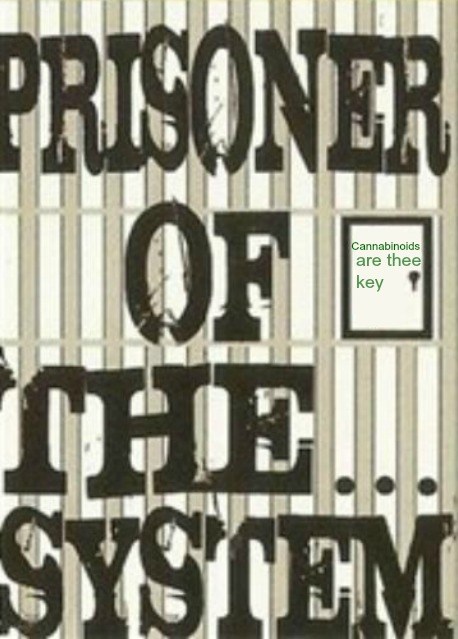. [Epub ahead of print]
Environment-Related Adaptive Changes of Gut Commensal Microbiota Do not Alter Colonic Toll-Like Receptors but Modulate the Local Expression of Sensory-Related Systems in Rats.
Source
Department of Cell Biology, Physiology and Immunology, Universitat Autònoma de Barcelona, Barcelona, Spain.
Abstract
Pathogenic and protective roles have been attributed to gut commensal microbiota (GCM) in gastrointestinal inflammatory and functional disorders. We have shown that the adaptation to a new environment implies specific changes in the composition of GCM. Here we assessed if environment-related adaptive changes of GCM modulate the expression of colonic Toll-like receptors (TLRs) and sensory-related systems in rats. Adult male SD rats were maintained under different environmental conditions: barrier-breed-and-maintained, barrier-breed adapted to conventional conditions or conventional-breed-and-maintained. Fluorescent in situ hybridization and real-time quantitative PCR (qPCR) were used to characterize luminal ceco-colonic microbiota. Colonic expression of TLR2, TLR4, TLR5, and TLR7, cannabinoid receptors (CB1/CB2), μ-opioid receptor (MOR), transient receptor potential vanilloid (TRPV1, TRPV3, and TRPV4), protease-activated receptor 2 (PAR-2), and calcitonin gene-related peptide were quantified by RT-qPCR. CB1, CB2 and MOR expression, was evaluated also by immunohistochemistry. In rats, housing-related environmental conditions induce specific changes of GCM, without impact on the expression of TLR-dependent bacterial recognition systems. Expression of sensory-related markers (MOR, TRPV3, PAR-2, and CB2) decreased with the adaptation to a conventional environment, correlating with changes in Bacteroides spp., Lactobacillus spp., and Bifidobacterium spp. counts. This suggests an interaction between GCM and visceral sensory mechanisms, which might be part of the mechanisms underlying the beneficial effects of some bacterial groups on functional and inflammatory gastrointestinal disorders.


